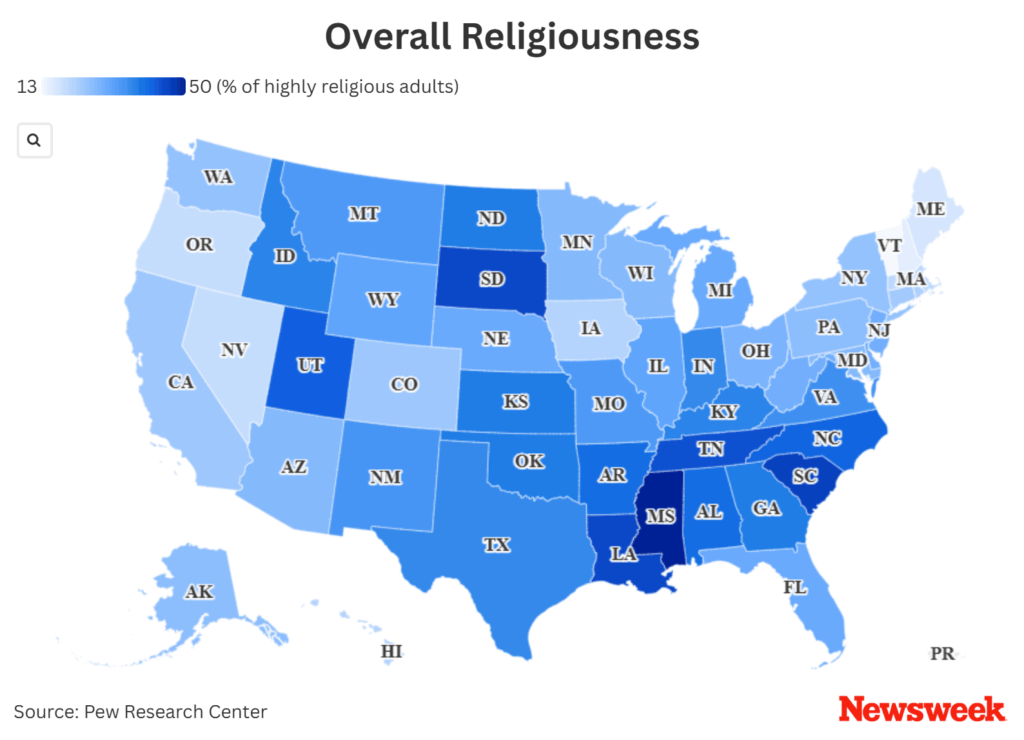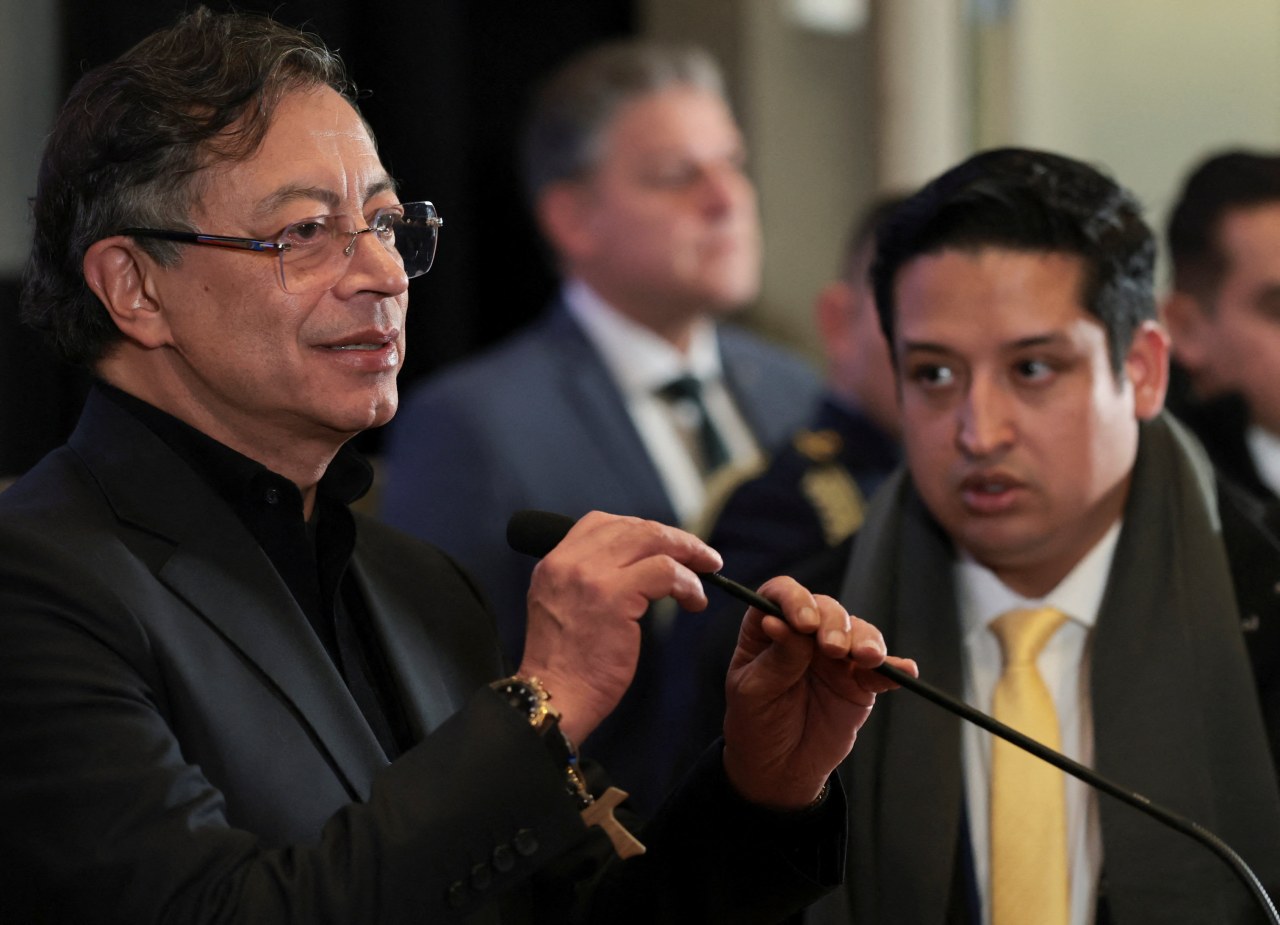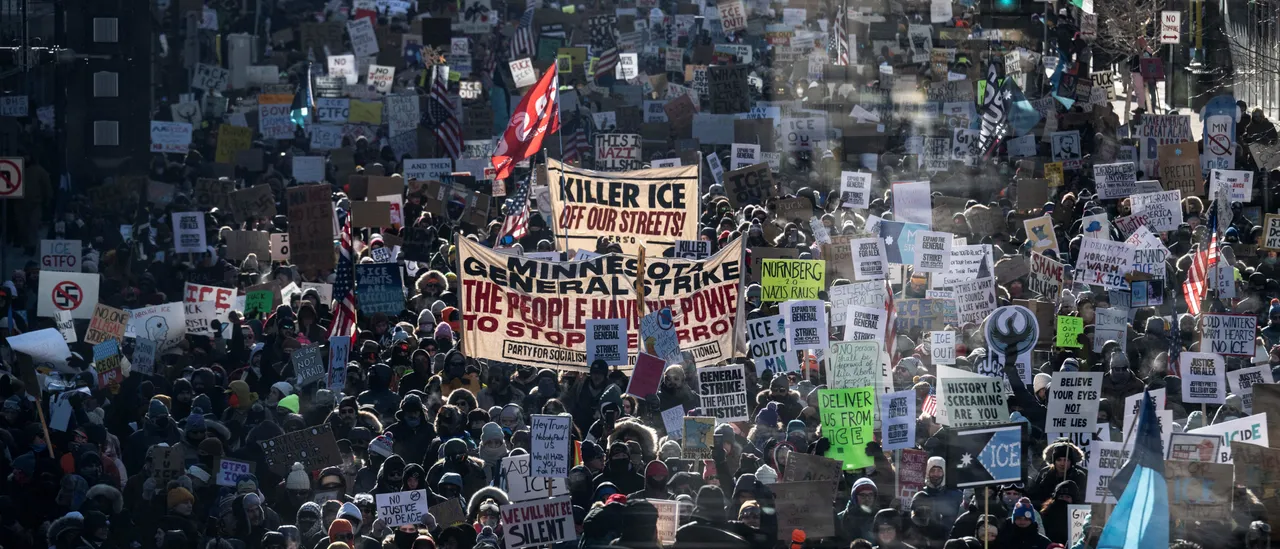
URGENT UPDATE: New maps from Newsweek highlight the most and least religious states in America, with Mississippi ranked as the most religious and Vermont the least. Based on the latest findings from the Pew Research Center’s 2023-2024 Religious Landscape Study, this data is crucial as America navigates a significant shift toward secularism.
The maps reveal that 50% of Mississippi residents identify as “highly religious,” closely followed by South Carolina at 46% and both South Dakota and Louisiana at 45%. The rankings continue with Tennessee at 44%, Utah at 42%, and North Carolina at 41%. In stark contrast, Vermont stands out as the least religious state, with only 13% of adults identifying as “highly religious.” Following Vermont are New Hampshire at 15% and Maine at 17%.
The implications of these findings are significant. As the Institute for Family Studies notes, religious attendance correlates with various life aspects, including fertility rates. In Mississippi, 54% of adults attend religious services at least monthly, compared to just 17% in Vermont. This attendance is linked to higher fertility rates among those who regularly engage in religious practices.
Gregory Smith, co-author of the Pew study, emphasizes that generational differences are driving the long-term declines in American religiosity. He explains, “As older cohorts of highly religious individuals pass away, they are replaced by younger generations who tend to be less religious than their parents and grandparents.”
The study surveyed 36,908 respondents from July 17, 2023, to March 4, 2024, with a margin of error of +/- 0.8 percentage points. The research combines data from four key metrics: prayer frequency, belief in God, the importance of religion, and attendance rates, scoring each to determine overall religiousness.
Experts suggest that while the South remains a stronghold for traditional religious observance, the overall trend points toward increased secularization. This shift is particularly pronounced among younger, more diverse populations.
The Pew Research Center maps serve as a critical indicator of America’s evolving relationship with religion, impacting everything from voting patterns to social services. As these patterns continue to unfold, the nation watches closely.
As this story develops, more insights into the societal implications of these findings will emerge. Stay tuned for updates on how changes in religious affiliation will shape the future of American society.





